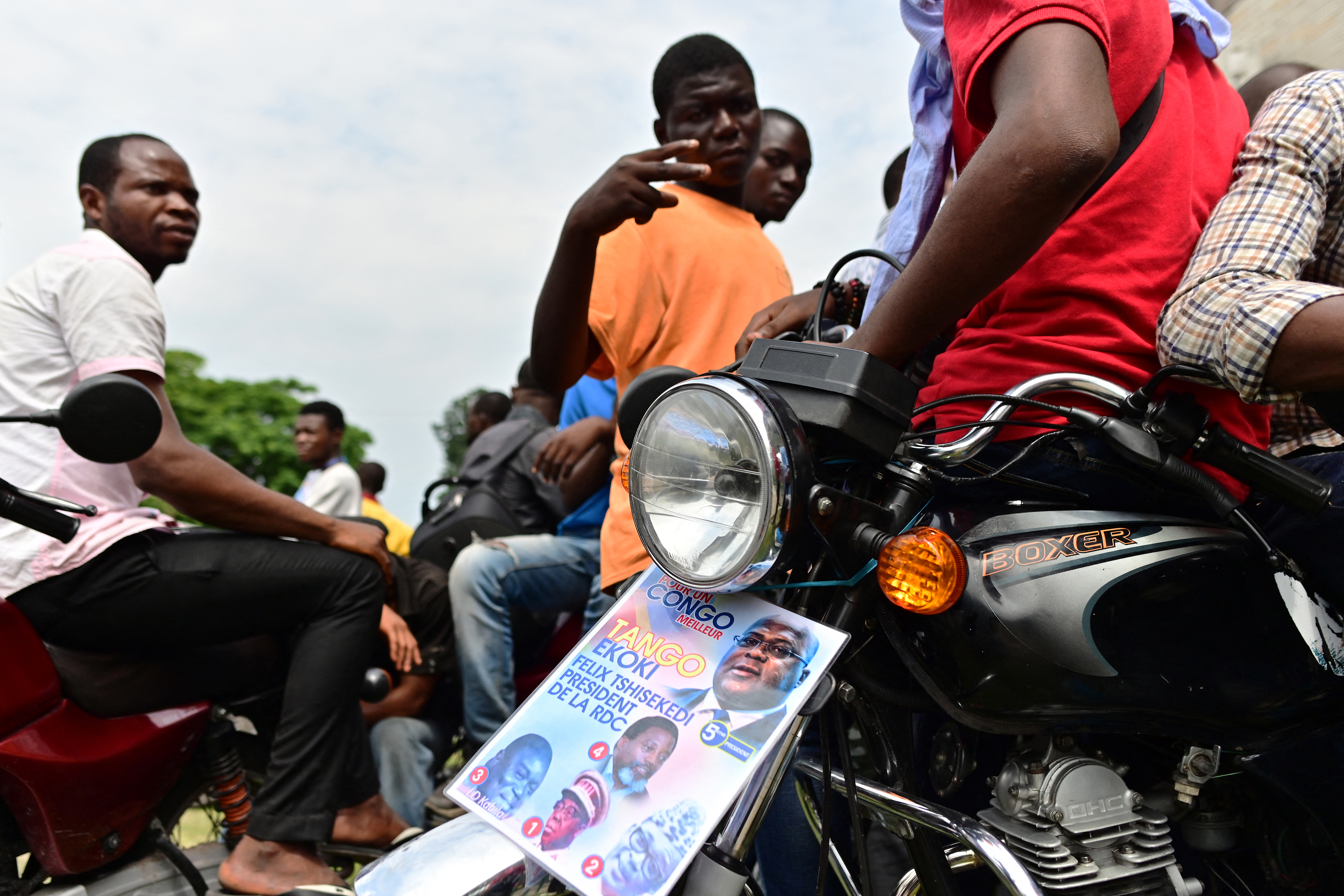
Introduction: A Controversy at the Heart of Congo’s Democratic Future
The Democratic Republic of Congo (DRC) finds itself immersed in a major political debate as President Félix Tshisekedi announces plans to revise the 2006 Constitution. Framed as a necessary modernization of an “outdated” and inadequate legal framework, the proposal has sparked both hope and skepticism. According to the president, the reform is essential to address the country’s current challenges and strengthen national sovereignty. However, critics argue it is a veiled attempt to extend his tenure beyond the two-term limit enshrined in the constitution.
In a country with a history of political turmoil, recurring social tensions, and fragile governance, this constitutional revision cannot be viewed as merely a legal exercise. It crystallizes key issues: consolidating democratic institutions amidst personal ambitions, fostering popular mobilization in the face of political divisions, and balancing national sovereignty with adherence to international democratic norms.
A Reform Shrouded in Controversy
President Tshisekedi’s Arguments
Since assuming office in 2019, Félix Tshisekedi has sought to present himself as a reformist leader, intent on modernizing Congo’s institutions to meet the people’s aspirations. He argues that the 2006 Constitution, drafted in a post-conflict context under significant international oversight, no longer reflects the country’s current realities or the challenges it faces.
Tshisekedi highlights several deficiencies in the Constitution:
- National sovereignty: Certain provisions, he claims, impose external “guardianship” over the DRC’s autonomy.
- Institutional instability: The provincial governance system is often paralyzed by administrative bottlenecks and jurisdictional conflicts.
- Judicial modernization: The president advocates a restructuring of the institutional framework to ensure greater independence and efficiency within the judiciary.
However, Tshisekedi’s ambiguous statements about the scope of the proposed reforms raise concerns. Critics suspect the initiative may target Article 220, which limits the presidency to two terms. Any attempt to amend this provision would be seen as a direct assault on the core principles of Congolese democracy.
A Heavy Historical Context
This is not the DRC’s first constitutional controversy. In 2011, then-President Joseph Kabila amended the Constitution to facilitate his reelection, polarizing the political landscape and triggering widespread protests. This precedent, fresh in the public memory, fuels widespread mistrust today. For many Congolese, Tshisekedi’s proposal echoes the troubling maneuvers of his predecessor.
A Determined but Divided Opposition
The Formation of an Unprecedented Alliance
In response to Tshisekedi’s initiative, key opposition figures, including Moïse Katumbi, Martin Fayulu, Denis Mukwege, and even former President Joseph Kabila, have united under a coalition named “Political and Social Forces Against Dictatorship and Constitutional Change.” Their aim is to counter what they describe as “authoritarian drift.” Their strategy includes nationwide protests and calls for international pressure on Tshisekedi’s administration.
However, this show of unity is fragile. The Congolese opposition has historically been plagued by personal and regional rivalries, often undermining its ability to form a cohesive force. During the 2023 elections, the opposition’s failure to rally behind a single candidate enabled Tshisekedi to secure a decisive victory.
The Pivotal Role of Civil Society and the Catholic Church
In a country where civil society plays a critical role in democratic struggles, the support of the Catholic Church could prove decisive. The National Episcopal Conference of Congo (CENCO) has firmly opposed any amendment to fundamental constitutional articles. Recalling that the current Constitution was adopted to ensure a peaceful transition after years of civil war, CENCO urges the president to prioritize national interests over personal ambitions.
A Regional Perspective: The Shadow of African Precedents
Examples of Contentious Revisions
Tshisekedi’s attempt is part of a broader trend in Africa, where leaders have leveraged constitutional reforms to extend their time in office. These cases offer varied lessons:
- Rwanda (2015): Paul Kagame held a referendum to amend the Constitution, garnering massive support for a third term. While this reform bolstered regime stability, it faced criticism for undermining democratic alternation.
- Guinea (2020): Alpha Condé altered the Constitution to remain in office, sparking violent protests that ultimately led to his ouster in a coup.
- Burkina Faso (2014): Blaise Compaoré, after 27 years in power, attempted to extend his rule through constitutional amendments. This sparked a popular revolt that forced him to resign.
These precedents demonstrate that even legally framed constitutional changes, when perceived as motivated by personal ambition, can quickly escalate into political crises.
Implications for the DRC: Possible Scenarios
Inclusive Dialogue to Strengthen Democracy
A transparent process involving the opposition, civil society, and constitutional experts could defuse tensions and ensure the legitimacy of the reforms. However, this approach would require Tshisekedi to make significant concessions, potentially weakening his ruling coalition.
Forcing Through the Reform: A Risk of Deepened Polarization
If the president relies solely on his parliamentary majority, he risks triggering large-scale protests, further polarizing the political landscape, and damaging his international credibility.
Popular Rejection: A Test for the Opposition
Massive popular mobilization could pressure the government to abandon the project. However, this would require effective coordination and a clear message from the opposition, which it currently lacks.
Conclusion: A Democracy at a Critical Juncture
Félix Tshisekedi’s proposed constitutional revision places the DRC at a historic crossroads. If pursued inclusively and in line with democratic principles, it could pave the way for institutional renewal. Conversely, a reform perceived as authoritarian could further weaken Congo’s institutions and exacerbate political tensions.
The international community, particularly regional organizations like the African Union, has a vital role in ensuring the process adheres to democratic standards. The DRC’s future depends on the ability of its political and social actors to transcend divisions and prioritize national interest.
Question for Readers:
Can the DRC turn this crisis into an opportunity to strengthen its democracy, or is it doomed to repeat past mistakes?